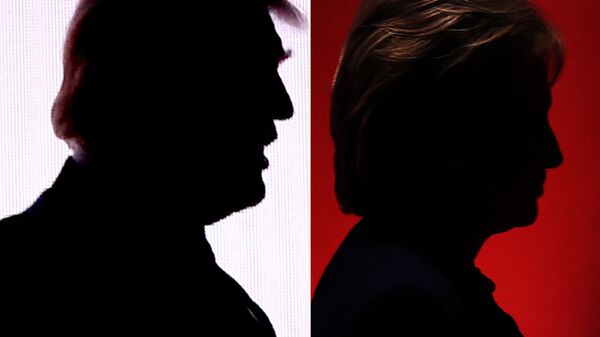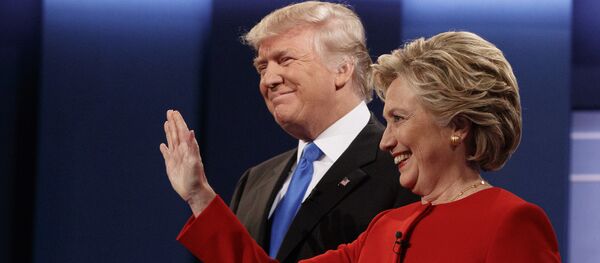Laws regarding electors vary from state to state, but in Colorado they dictate that an elector must vote for the presidential ticket that receives the most votes during the election. The penalty for breaking this law can include a $1,000 fine or up to one year in prison.
Though Baca and Nemanich are both Democrats, they were willing to vote for a Republican candidate other than the President-elect, if electors bound to him also switch, in an attempt to deny Trump the 270 electoral votes required to win. Only one Republican, Texas elector Chris Suprun, has agreed to go along with their plan.
“The United States was set up as a republic. Alexander Hamilton provided a blueprint for states’ votes. Federalist 68 argued that an Electoral College should determine if candidates are qualified, not engaged in demagogy, and independent from foreign influence,” Suprun wrote in an opinion piece for the New York Times. “Mr. Trump shows us again and again that he does not meet these standards. Given his own public statements, it isn’t clear how the Electoral College can ignore these issues, and so it should reject him.”
During the court hearing, the Colorado attorney general's office argued that the efforts of the electors to cast their vote based on their interpretation of statutes undermines democracy.
"What we're asking the court to do is protect against the chaos that would ensue from faithless electors failing to perform their state law duties," Chris Jackson argued.
“The electors were created so that they, as a deliberative body, would be ‘detached’ and less prone to be influenced by the ‘heats and ferments’ of a raucous election,” the eight-page complaint filed with the court had stated. “The electors would help ensure ‘the office of President [would] never fall to the lot of any man who is not in an eminent degree endowed with the requisite qualifications.’ The electors create an ‘obstacle’ to ‘cabal, intrigue, and corruption’ and prevent ‘foreign powers [from] gain[ing] an improper ascendant in our councils.’”
“The Electoral College, then, including Plaintiffs, must be free to vote for any candidate so as to avoid electing someone, such as Messrs. Trump and Pence, who only have ‘[t]alents for low intrigue, and the little arts of popularity.’”
On Monday, District Judge Wiley Daniel, who was appointed by President Bill Clinton, called the elector’s lawsuit a “political stunt.”
The Ballot Access Manager previously wrote to the duo stating that they would be replaced if they did not vote for the candidate selected by the state’s popular vote. Their right to replace an elector that does not comply was upheld by Denver Judge Elizabeth Starrs.




